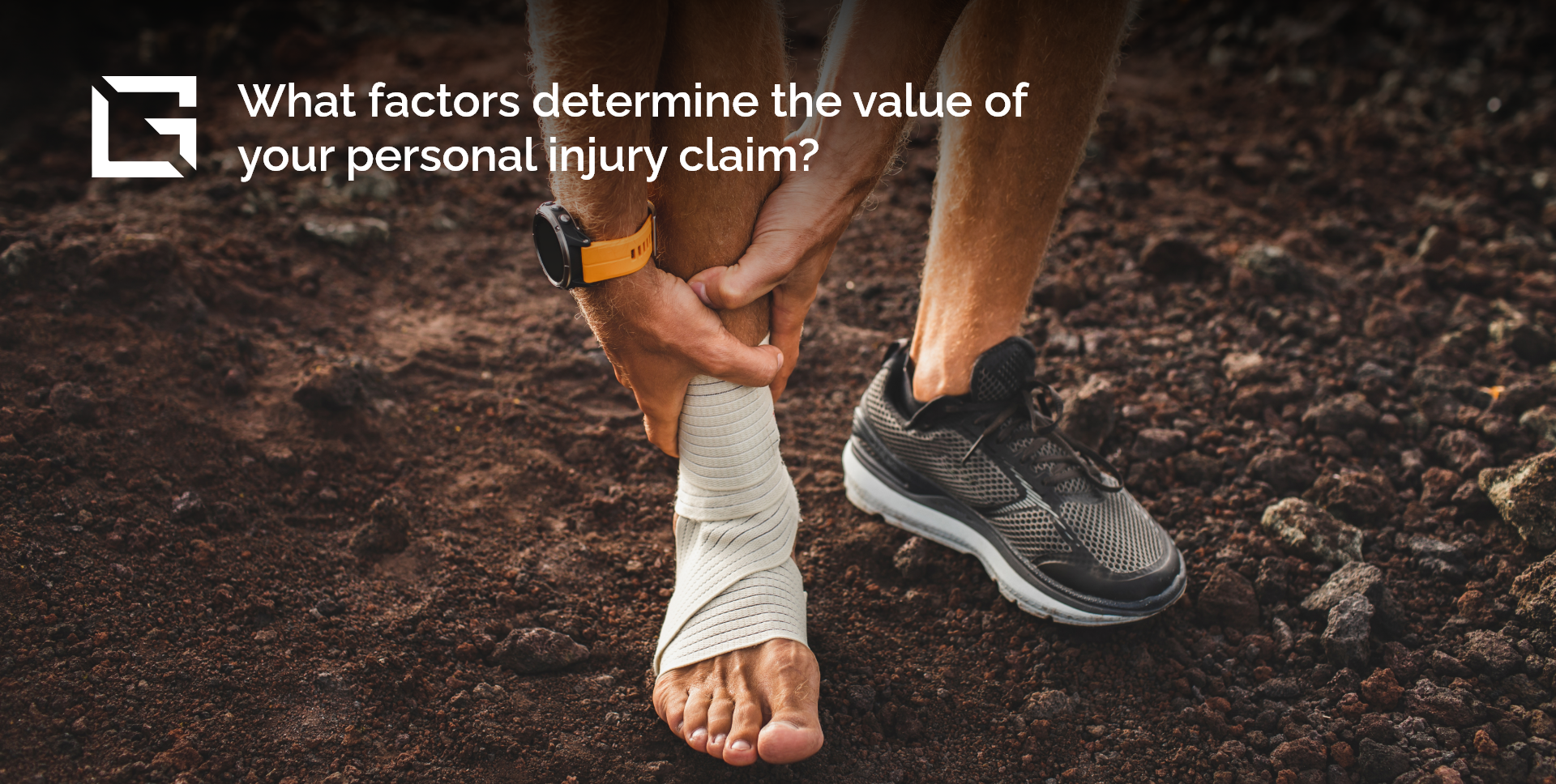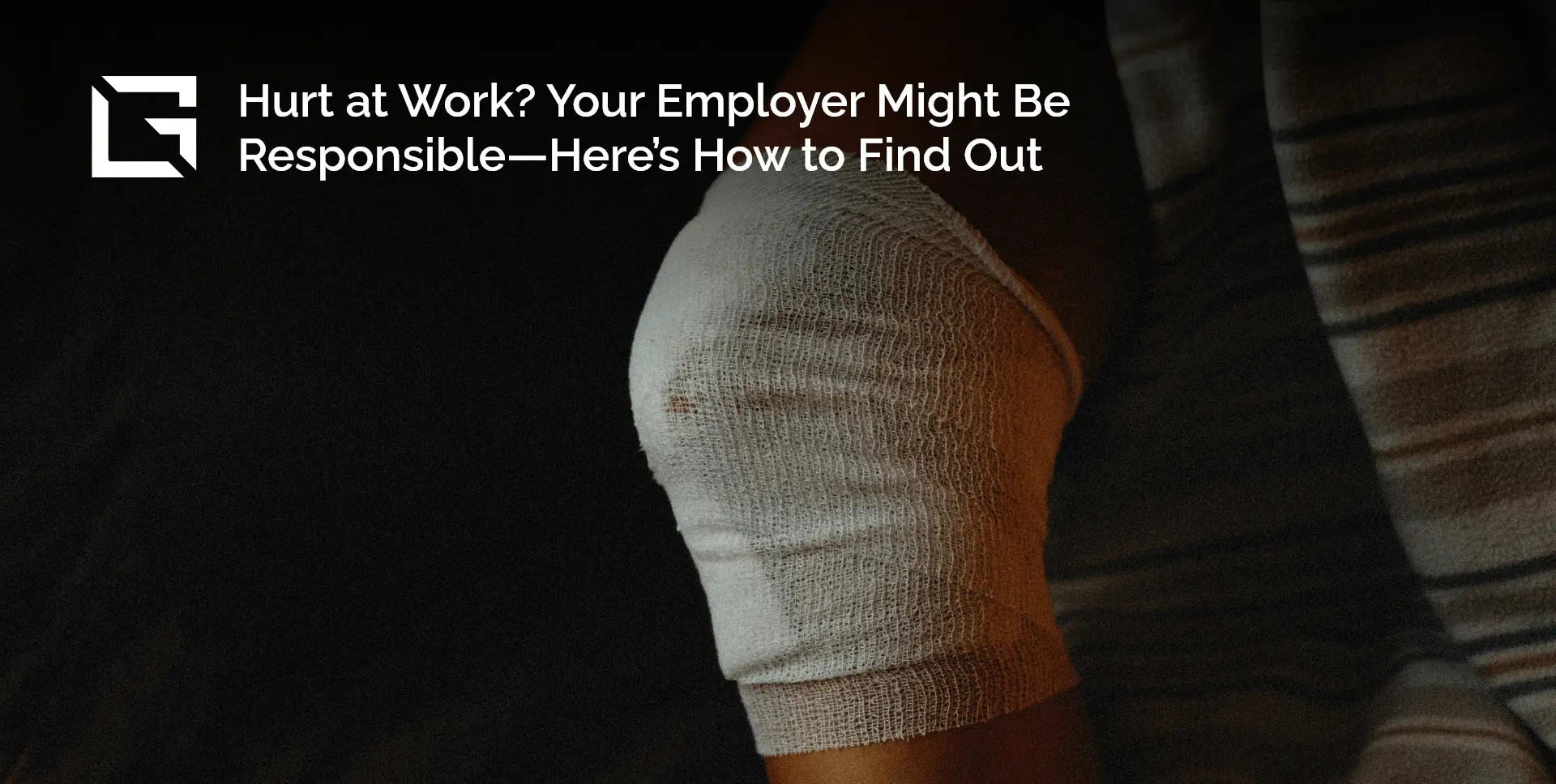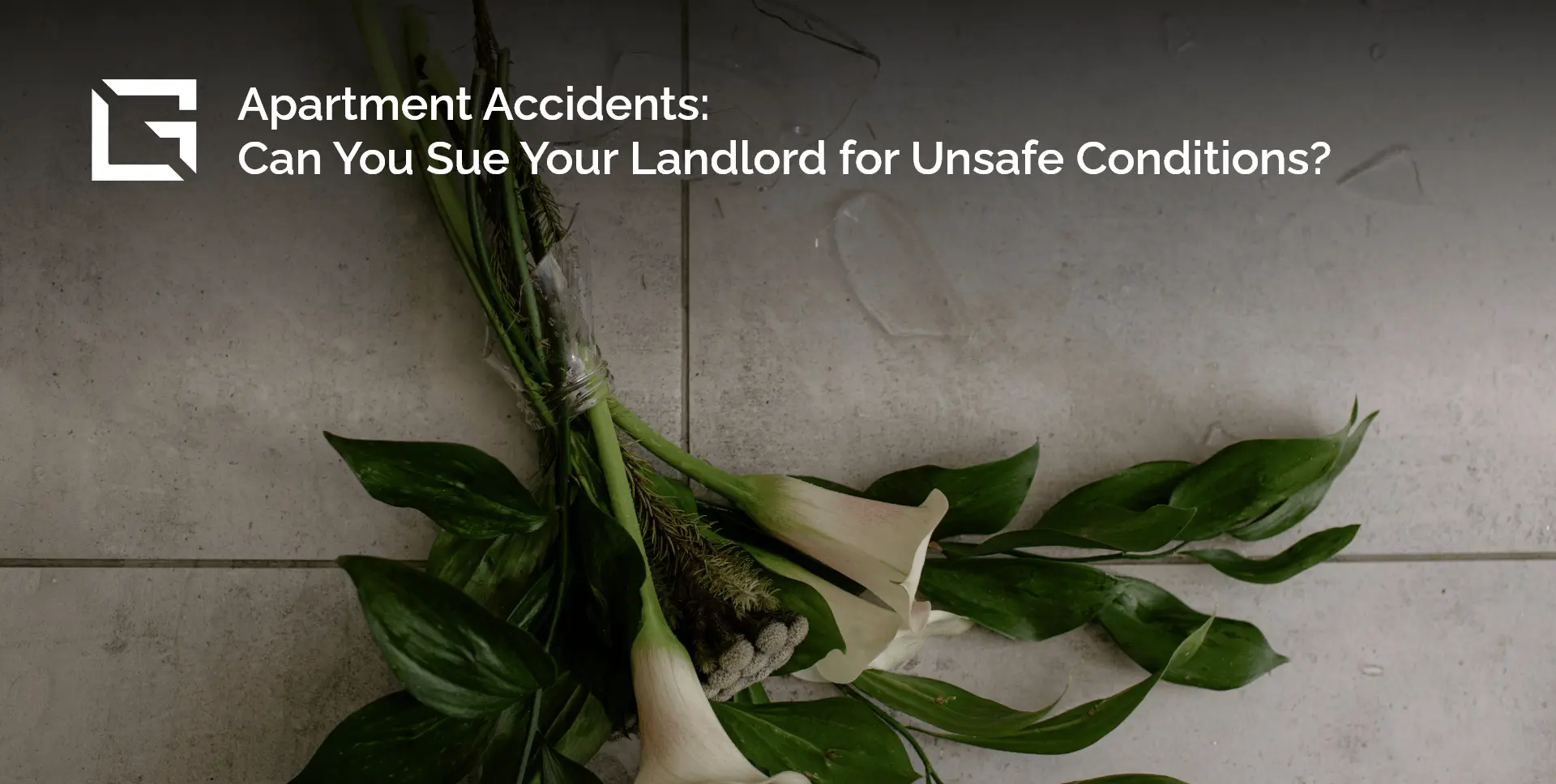Meet Emily Adams, a vibrant professional commuting to work one fateful morning. As she navigates the bustling streets, her life takes an unexpected turn when a negligent driver careens through a red light, causing a catastrophic collision. What factors determine the value of Emily’s personal injury claim that has changed her life?
After an accident, navigating the complexities of a personal injury claim can be overwhelming. One of the most crucial questions you’ll likely have is: how much is my case worth? The value of your personal injury claim depends on several factors, and understanding these can help you ensure fair compensation for your losses which is where Gibb Law Firm, a personal injury legal expert can be of help.
P.S. – Breaking News: Gibb Law Firm is excited to announce the launch of an advanced new resource dedicated to Civil Litigation! Check out our press release to learn how we aim to streamline legal processes, ensuring that clients receive the most effective and informed representation in their civil cases.
The Extent of Your Injuries
This is a primary factor. The severity of your physical injuries, emotional distress, and any resulting disabilities significantly impact the value of your claim. Here’s a breakdown:
- Serious Injuries: Severe injuries like broken bones, head trauma, or spinal cord damage typically result in higher compensation compared to minor injuries. Permanent impairments or limitations can also significantly increase the value of your claim. In Emily’s case, Emily’s body bears the brunt of the impact, resulting in multiple fractures, debilitating whiplash, and enduring emotional distress. The severity of her injuries becomes a cornerstone in evaluating the magnitude of her claim.
- Pain and Suffering: These non-economic damages are meant to compensate for the physical pain and emotional distress you’ve endured due to the accident. While subjective, the severity and duration of your pain and suffering will be considered. Beyond the realm of financial loss lies a realm of intangible suffering. Emily grapples with profound pain and suffering, her once-joyful existence marred by physical discomfort and emotional upheaval. The loss of enjoyment of life becomes a poignant factor in assessing her claim.
- Pre-Existing Conditions: Pre-existing injuries can complicate your claim. It’s crucial to demonstrate a clear distinction between your pre-existing condition and the new limitations caused by the accident.
Medical Expenses
Documented medical expenses are considered “special damages” and directly reflect the financial impact of your injury. The aftermath of the accident casts a shadow of financial strain on Emily’s life. From exorbitant medical bills to extensive rehabilitation costs, every expense incurred serves as a tangible marker of the burden imposed by the incident. These include:
- Hospital bills: Costs associated with hospitalization, surgery, and other inpatient care.
- Doctor bills: Costs of doctor visits, specialist consultations, and ongoing medical treatment.
- Physical therapy: Costs of rehabilitation and physical therapy to regain lost mobility or function.
- Medication: Prescriptions and over-the-counter medications related to your injuries.
Lost Wages and Future Earning Potential
- Lost Wages: Compensation is available for wages you couldn’t earn due to your injuries, including missed workdays and reduced earning capacity.
- Future Earning Potential: If your injuries limit your ability to work in the future, you may be compensated for the projected loss of income.
Additional Factors
While the above are primary factors, several other elements can influence the value of your claim:
- Jurisdiction: Personal injury laws vary by state. Some states have damage caps or follow comparative negligence rules, which can affect compensation.
- Liability: The at-fault party’s insurance policy limits can impact the final settlement amount.
- Shared Fault: If you’re found partially responsible for the accident (comparative negligence), your compensation may be reduced.
- Credibility of Witnesses: Strong witness testimonies can strengthen your case.
- Skill of Your Legal Representation: An experienced personal injury lawyer can effectively negotiate with insurance companies and fight for the maximum compensation you deserve.
Understanding Your Options
Many accident victims underestimate the value of their personal injury claims. Insurance companies may offer quick settlements that don’t fully compensate for your losses. This is why consulting with a personal injury lawyer is crucial. At Gibb Law Firm, we can help you:
- Gather Evidence: Medical records, accident reports, and witness statements are essential for building a strong case.
- Negotiate with Insurance Carriers: Negotiate on your behalf to ensure a fair settlement.
- Take Your Case to Court: If necessary, represent you in court and fight for the compensation you deserve.
In the realm of personal injury claims, determining the value of compensation is a multifaceted process influenced by various factors. Through a compelling real-life example featuring Emily Adams, we explore the intricate dynamics shaping the compensation sought in such cases.
Emily’s story highlights the significance of factors such as the severity of injuries, incurred medical expenses, lost income, and future earning potential. Additionally, intangible aspects like pain and suffering, emotional distress, and loss of enjoyment of life add complexity to the valuation process. At Gibb Law, we are committed to providing unwavering support for those who have suffered personal injuries in Utah, with a focus on justice and client well-being. Contact us so we can advocate for fair and just compensation for your losses and suffering.
Contact information
Gibb Law Firm
Phone – (801) 725-6035
Address – 610 N. Kays Dr., Suite 109 Kaysville, Utah
Additional resources
https://www.nolo.com/legal-encyclopedia/living-together
https://www.findlaw.com/family/living-together.html
Disclaimer: This blog is for informational purposes only and is not legal advice. Please contact us to discuss the specifics of your personal injury situation.



